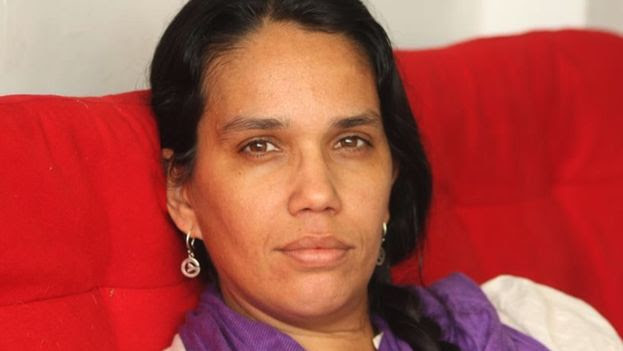“The human being, when free, is able to be creative, to work more, to study more, to procreate, to live …
Cuba is totally wrong […] People do not want to work, are not motivated to study, or participate in anything. “
– A 44-year-old Cuban hairdresser interviewed by Amnesty International in Tapachula, Mexico, May 2017
In Cuba, the repression against the freedoms of thought, expression and press – among others – seems to increase every day. Amnesty International concluded in its excellent report last November that Cuba is a mental prison. Relying on numerous interviews, such as the one cited at the beginning of this text, the report demonstrates the negative impact, personal and social, that so-called gag laws have on the island.
Also, in its last annual report (2017), Freedom House placed Cuba among the countries with the least liberties in the entire planet. It awarded it 14 points within a maximum scale of 100 points. The island scored very low on political, civil, economic, social, cultural, religious, freedom of expression and internet.
Human Rights Watch also denounced in their 2017 report how the Castro’s regime repressed the Cuban people in many ways, including beatings of detainees and political prisoners, imprisonment, arbitrary arrests, public denigration, travel restrictions and dismissals, among others.
The sum of all these repression modes brings, on the one hand, the human decapitalization of the country by pushing towards migration the most enterprising and young segments of the population. On the other, they generate the demobilization of innovative talent that cannot be deployed, and is suffocated by state regulations.
For many decades people, unbelieving that they themselves can achieve a personal dream and transform the circumstances that hinder it, were waiting in a vegetative state, that either the changes would come someday “from above” or “from outside”. Never leaving to themselves to change reality. “What’s the use of talking? Would anything change if I speak ?”. Those are Cuban typical responses when interviewed by foreign or independent journalists.
But the regime is not satisfied by only taming the independence of citizen opinion. It also makes it a priority to pursue, arrest, confiscate resources, extort and even imprison independent journalists. These questions place the citizen in front of a mirror and that does not suit the dictatorship.
A recent case has been that of journalist Luz Escobar of the digital media 14 y Medio. They detained and threatened her “with telling my neighbors that I am a counterrevolutionary, not letting me travel abroad and prosecuting me for a common criminal cause.” Added to this was the subtle invitation to collaborate with state security against the environment in which they work, which would involve working against her father, Reinaldo Escobar, who is the editor of 14 y Medio. “Among the warnings there were clear hints that they will put pressure on my family and even alluded to my daughters saying that they might not have me around as they grow up,” explains the reporter, who has decided to continue with her work. “It’s what I want to do with my life,” Luz Escobar bluntly affirms.
The lack of freedom of expression and free press does not only bind journalists and their interviewees. That’s what the police believe. It chained the country to a vicious cycle of economic and social recession. Without a feedback on the direction of the country, its challenges and alternatives, there is no sustainable governance.
The good news is that the external circumstances that made it possible for the elite to rule on a precarious balance are exhausted. Venezuela is faltering, the Chinese have that rare habit of wanting to collect their credits and exports debts, the Russians learned from the defunct USSR not to carry the burden of insolvent countries even if you wish to court them politically and militarily and the United States has moved away from the complacency of the Obama era. By voiding the dry and wet feet decree – the last concession of the former US president to the Cuban dictatorship – the internal balance has been gradually altered.
Social conflict is growing. People have learned that they only get something if they claim it, not if they wait to have it given to them. That was the lesson learned at several locations of the island by those who protested for the lack of electric and drinking water after Hurricane Irma.
Possibly the political astrologers may see for Cuba a perfect alignment of the planets this year 2018.

